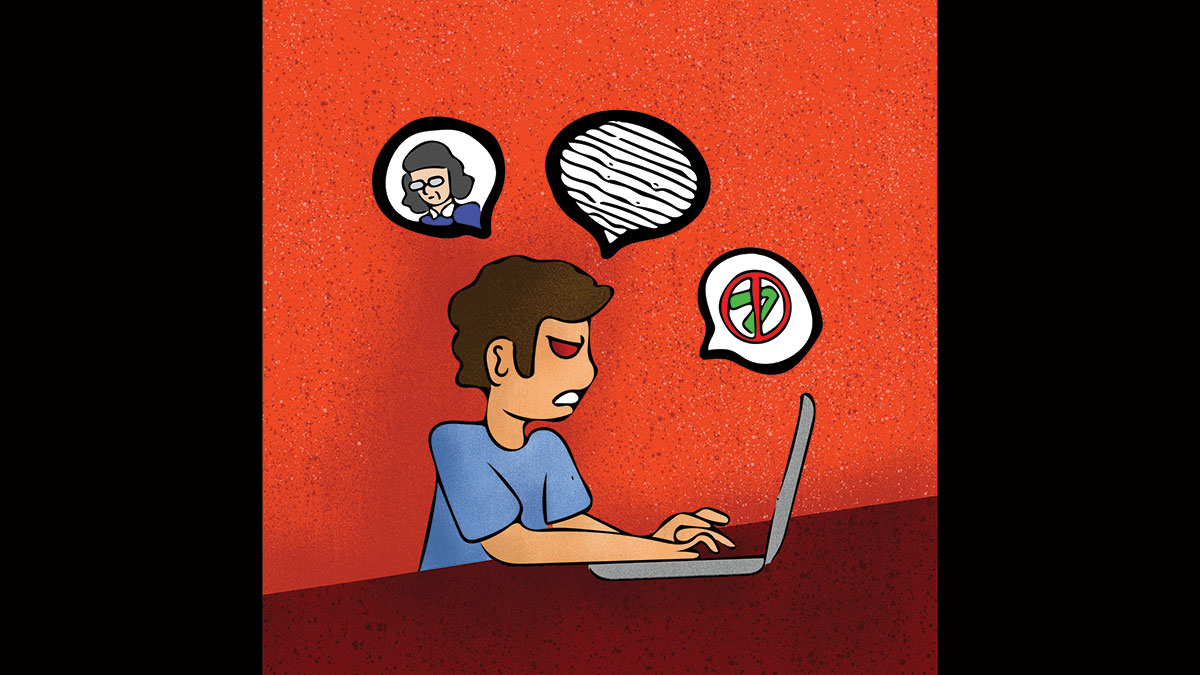What about this sentence: “I haven’t eaten anything since noon.” Substitute the (apparent) synonym, and... Wait, this makes no sense: “I haven’t eaten anything because noon.” The word since refers to the passage of time; the word because is used to indicate causality. In scientific writing, precision is very important, and selecting the proper word is essential when trying to explain something accurately.
Exam questions also frequently depend on particular meanings of words. If you change one word in a definition, it can completely change the meaning of the term. Take a look at this sample exam question:
Who is considered to be the father of psychology?Know the answer? Some students will argue about a question like this. They’ll point out that there is no such person as “Willhelm Wundt”--it’s actually spelled “Wilhelm.” Thinking that it’s a trick, these students then pick anything other than choice (c), and come up with a rationale for their choice. (The answer actually is (c), but it contains a typo--it’s not a trick.) Faced with a situation like this, what should I do? Should I mark their answer as correct, because some random website somewhere supports their choice? (There are websites that support James, Freud, and Pavlov as being the the “father of American psychology.” the “father of modern psychology,” and the “father of Russian physiology,” respectively.) Should I reward their careful attention to detail and critical thinking skills? Or, come on, the answer is actually (c), and they should not get a mark for picking anything else.
a) William James
b) Sigmund Freud
c) Willhelm Wundt
d) Ivan Pavlov
Is this issue all about a simple misspelling? Or is the underlying problem really about the question being far too general? So maybe after fixing the typo, I’ll change the stem of the question to read: “According to the textbook, who is considered to be the father of psychology?” Or maybe even: “According to chapter 1 of the textbook, who is considered to be the father of experimental psychology?” (Wanna try, “According to page 6 in chapter 1 of the textbook, who is considered to be the father of experimental psychology?”) As you can see, the question becomes increasingly specific with every iteration. The advantage is that there is less wiggle room for students to criticize the question--but the disadvantage is that the question is becoming highly specific and, well, picky.
The result is that students will no longer argue about the structure of the question, but will complain that there’s no way that they can memorize the entire textbook. Now imagine that this happens with most of the questions on every single exam. Nit-picking forces me to refine my questions over and over, making them more and more specific. There are no longer any general questions, which are the most prone to interpretation and criticism. There are extremely few application questions, which people complain are subjective and arbitrary (even though they are not). The exam is now full of highly specific definition-based memorization questions.
Learning the meanings of and being able to correctly apply terminology is an important aspect of psychological science. In writing my lectures and exams, I select words incredibly carefully for utmost consistency, clarity, and accuracy. But over time, I have also made my exams far more picky than they were to begin with, because my behaviour has been shaped by students. So if I appear to be excessively picky (and, according to RateMyProfessors.com, I apparently am), you can thank the students who previously took my exams...and were very picky.
Why aren’t you studying?














